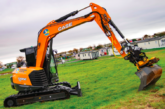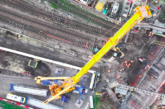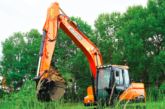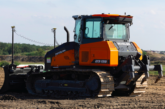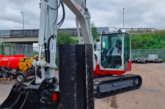
Suzannah Robin, an alcohol and drug safety expert at AlcoDigital, discusses the problem of alcohol misuse within the construction industry, and explains how online training can promote staff safety during the COVID-19 crisis and beyond.
Alcohol misuse amongst staff is a problem that will be sadly familiar to many employers within the construction industry. Perhaps a member of staff has turned up on site after a heavy weekend or a long lunch, smelling of drink. Then there are the signs of longer-term alcohol dependency, when you’ve noticed a deterioration in a co-worker’s health and wondered whether alcohol might be to blame.
While COVID-19 restrictions have kept many away from pubs and clubs, lockdown has left a legacy of harmful drinking at home. One study found that 36% of people increased their alcohol consumption during the first lockdown in 2020.
Whether the result of an occasional binge or a chronic problem, alcohol abuse can wreak devastation on a staff member’s life. And while the cost to the individual can be catastrophic, the wider knock-on effects for staff morale and company reputation can be equally disastrous.
In a safety-critical industry such as construction, a drug and alcohol-free workforce could not be more important. Yet research shows that a culture of risky drinking prevails. Indeed, a 2020 study revealed those who work in the trades and construction have the highest rates of drink-drive convictions of all occupations in the UK. The top five conviction rates by profession make grim reading for the industry: coming in at number one are roofers, followed by scaffolders, plumbers, labourers and ground workers.
In another shocking study, industry body Considerate Constructors Scheme (CCS) reported that one third of construction workers had witnessed a colleague under the influence of drugs or alcohol on site.
With the COVID-19 pandemic leading to increased addiction issues and associated mental ill health, this is a problem that needs urgent redress.
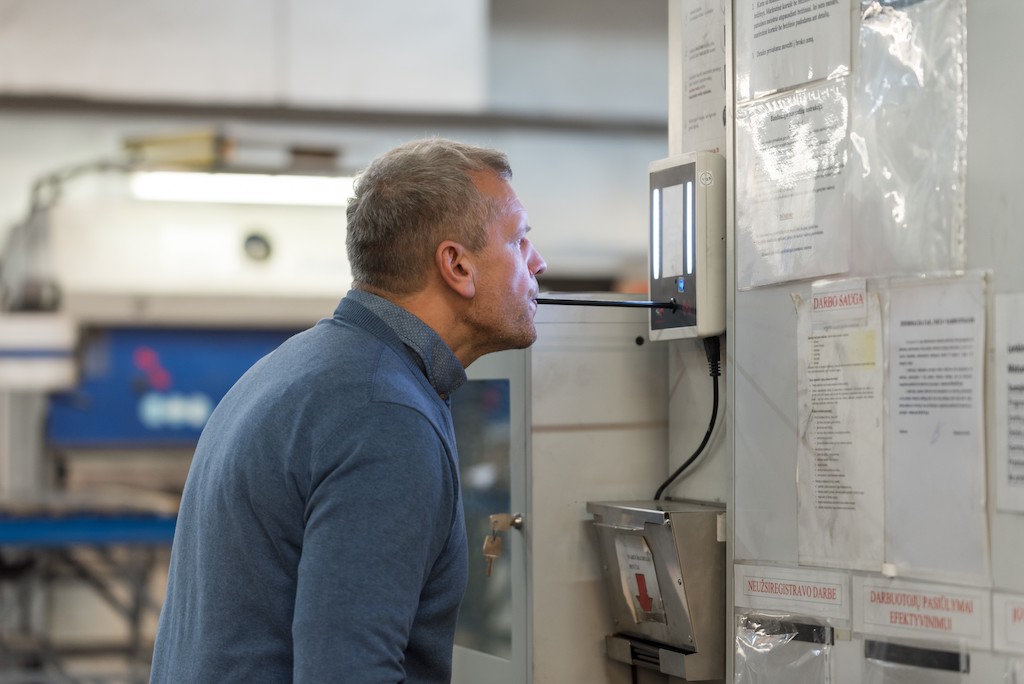
Alcohol misuse and the economy – what are the facts?
According to Public Health England, the cost of alcohol misuse to the economy is £7bn annually in lost productivity through unemployment and sickness. The charity Alcohol Change UK reports that 40% of employers mention alcohol as a significant cause of low productivity.
To an individual business, the exact impact can be difficult to monitor, as productivity can decrease slowly over time where an employee is struggling with addiction. Minor accidents are not always recorded as alcohol-related, and for companies without an alcohol screening policy, any link can be very difficult to prove.
There’s no doubt that drinking alcohol impairs judgement, damages physical co-ordination and makes dangerous accidents far more likely. Yet the Health and Safety Executive (HSE) does not release data on how many accidents at work involve alcohol.
The data we do have from HSE shows that in 2019/20, there were 40 fatal injuries to workers within the construction industry, with 61,000 non-fatal injuries. Falling from a height is the most common cause of death. The likelihood of accidents occurring in the construction industry is four times higher than for all other industries.
Drugs and alcohol testing in the workplace – what is the law?
While the construction industry is not required by law to screen employees for drugs or alcohol, employers are legally required to ensure the safety of workers under their care.
Industry bodies such as the CCS advise employers to integrate some level of testing within the overall drugs and alcohol policy. The CCS states: “This ensures there is a formal and controlled procedure that can provide factual results and therefore support the decision to take the necessary actions with greater accuracy. The presence of potential testing also maintains a firm reminder to the workforce of the consequences of not taking the issue of drugs and alcohol seriously.”
Random or regular testing can undoubtedly be a deterrent, and construction companies of all sizes are increasingly turning to screening to send a powerful ‘stay safe’ message to their workforce.
While there is inevitably some time and financial investment involved in setting up a testing policy, breathalysers and other testing devices have become increasingly cost effective and user friendly over recent years. In the long-term, screening policies present an investment well worth making: if a serious accident occurs and an employer is found to have been negligent in any way, there is a clear risk of prosecution and hefty fines.
In addition to breathalysers, alcohol interlocks can be used on construction site equipment or machinery, preventing them from starting until a negative breath test has been registered. Another form of interlock device, the Lifeloc Sentinel, requires no mouthpiece and can be fitted to unsupervised turnstiles, electric gates, and other barrier systems – preventing anyone impaired by alcohol from entering a work site.
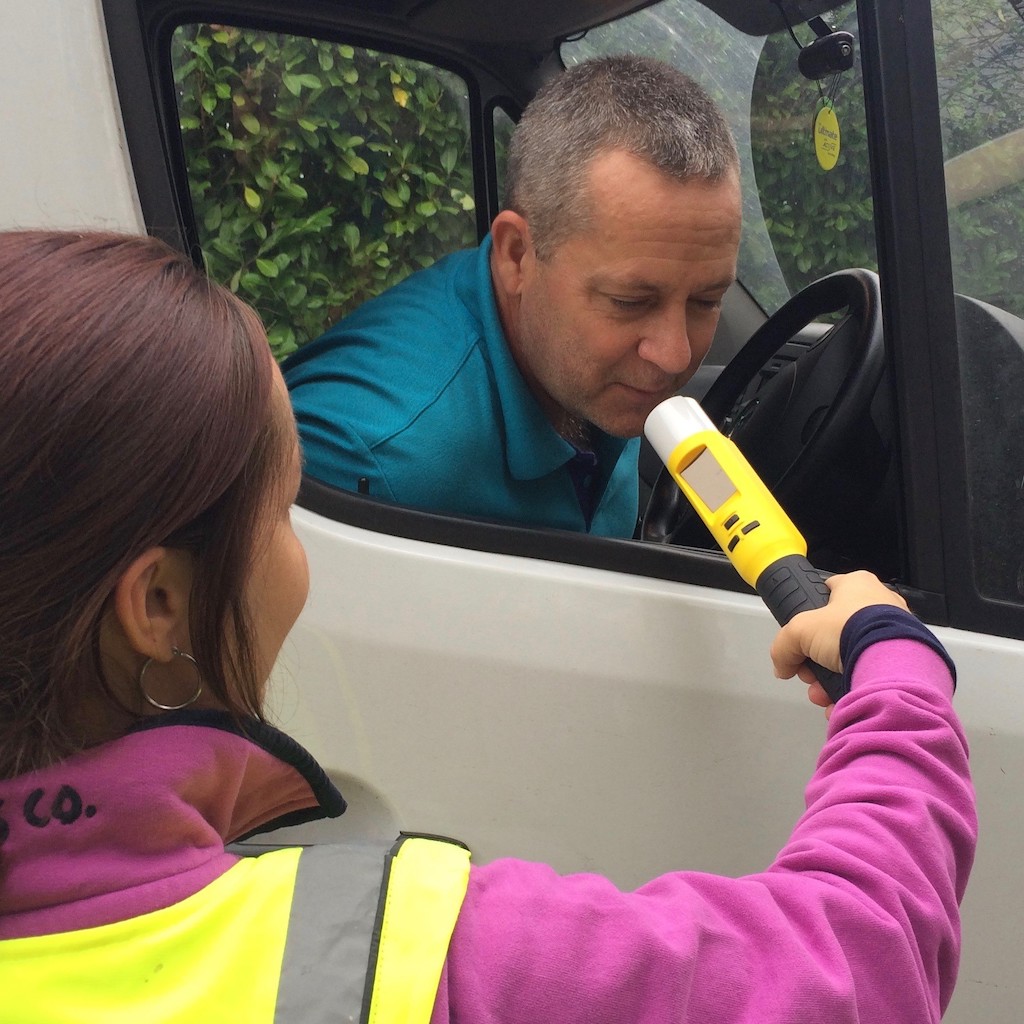
Covid-safe training for employers
Setting up a testing programme is an important measure in supporting your workforce. But with so many screening methods available, it can be hard to know where to start, especially when Covid safety remains a primary concern. A good first step is to book an accredited training course that will offer all the knowledge and practical skills necessary to implement screening to suit the specific requirements of individual companies.
Online ‘live’ training such as that provided by AlcoDigital gives comprehensive guidance while also remaining completely Covid-safe. Based on AlcoDigital’s award-winning workplace training days, these hosted Zoom webinars were designed specifically in response to the first UK lockdown, and have run successfully ever since. Webinar training ensures companies can keep up-to-date with latest industry recommendations and relevant legislation at a time when the need has never been greater.
Hands-on demonstrations of the latest innovative screening methods can be given online, for example the fully automated Worksober device that uses facial recognition technology to prevent misidentification.
Face-to-face training has now resumed, but many companies continue to opt for the convenience of Zoom webinars, allowing staff members to join in the session from any location.
With professional and reliable training, a suitable testing policy can be implemented within a matter of weeks.
Every employee in the UK deserves protection and support from the dangers of alcohol or drug misuse. As we slowly emerge from the COVID-19 crisis, the question has to be not ‘if’ but ‘when’ to start screening your workforce.
AlcoDigital provides professional training and certified drugs & alcohol testing equipment to private, corporate, and governmental organisations across the UK www.alcodigital.co.uk.


